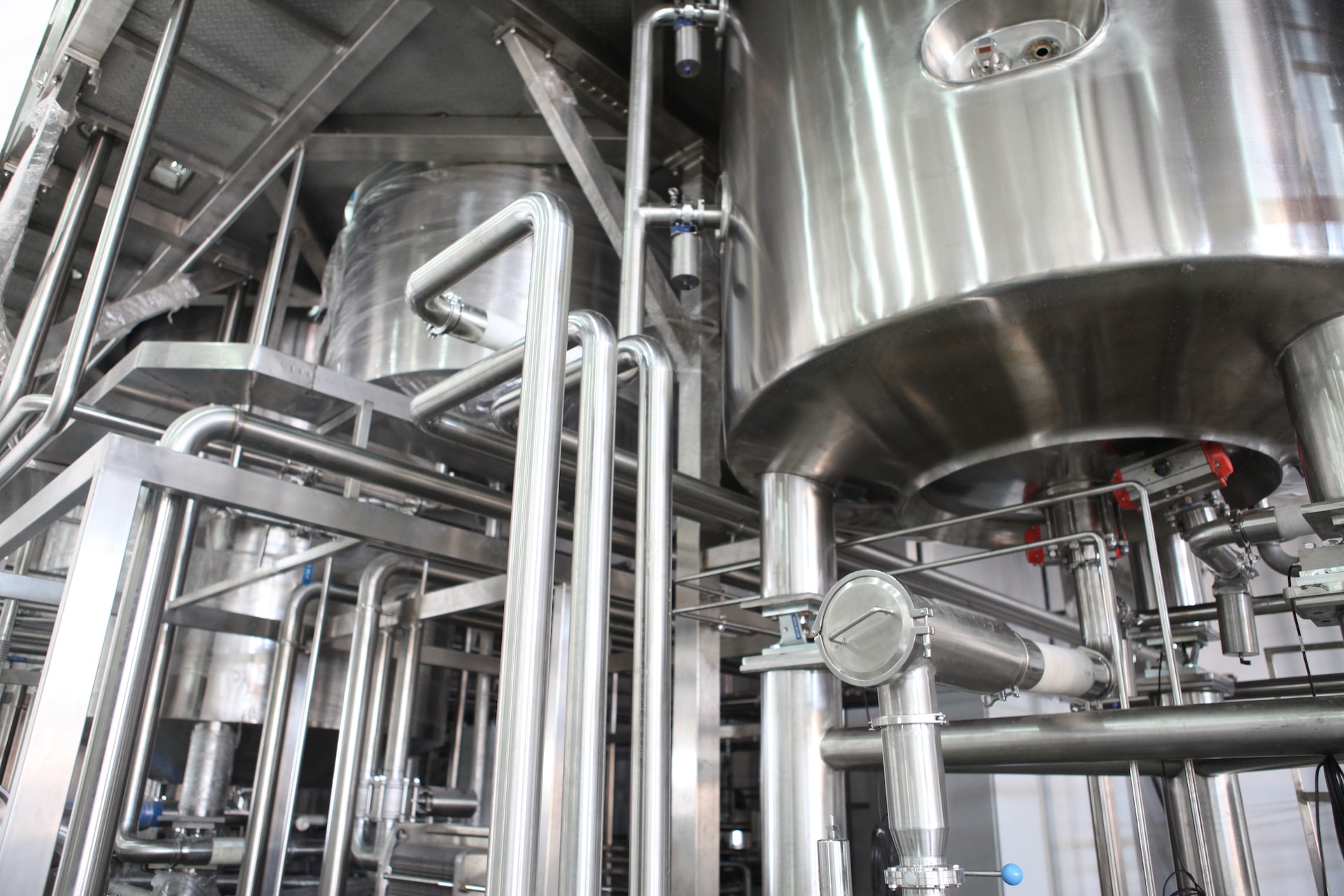Industrial process filters remove contaminants to maintain the end product’s purity, quality, and efficiency. In addition, they must be able to withstand continuous operation and have the ability to perform correctly when needed, so they are often used in many different industries.
Depending on the application, several elements make up an industrial filter. These include the filter element, filter media, and filter housing.
Filter Element
The filter element is the critical component of an industrial process filter. It determines its dirt-holding capacity, retention ability, and pressure loss.
Filter elements are filter media and can include organic or synthetic materials. These filter media vary in size and particle size.
These filter elements remove solid contaminants from liquids such as oil, water, and chemical solvents. They are used in various industries, including food and beverage, petroleum, chemicals, pharmaceuticals, and water treatment.
Typically, filter elements are made from sand or paper. However, they can also be constructed from various polymers, such as PES, PP, and PTFE.
Filter Media
The industrial process filters Virginia uses various filter media to remove particles from fluids effectively. Typically, filter media is either organic or synthetic.
Mechanical filtration involves the application of force to a fluid, usually through an automatic device (such as a pressure difference) that causes the fluid to flow through a medium. The force applied may be based on pressure or gravity.
Biological filtration uses a variety of natural or manufactured media to provide a physical environment that allows nitrifying bacteria to grow and thrive. Nitrifying bacteria are the key to reducing nitrogen and other pollutants in water.
Water filtration is a big part of every aquarium system. Filtering out particles and particulates is necessary to ensure the water is of the highest quality.
Filter Housing
The filter housing is an integral part of any industrial process filter. It is designed to accommodate a variety of filter cartridges and bags. It also contains an inlet and outlet port to enable fluids to enter and exit the unit.
Depending on the specific application, they are made from different materials, such as plastic, aluminum, or stainless steel. The material will affect the flow rate, operational pressure, and temperature of the liquid to be filtered.
Filter housings are also crucial for protecting piping systems from contaminants. They are also an integral part of any reverse osmosis water system.
Filter Pressure Drop
Industrial process filters are used in various industries, from chemical, pulp, and paper, to power generation. They are designed to remove harmful contaminants and ensure optimal lubrication of machines.
Filter pressure drop is a critical component of most industrial process filters. It affects filter performance, energy costs, and longevity of the filter medium.



